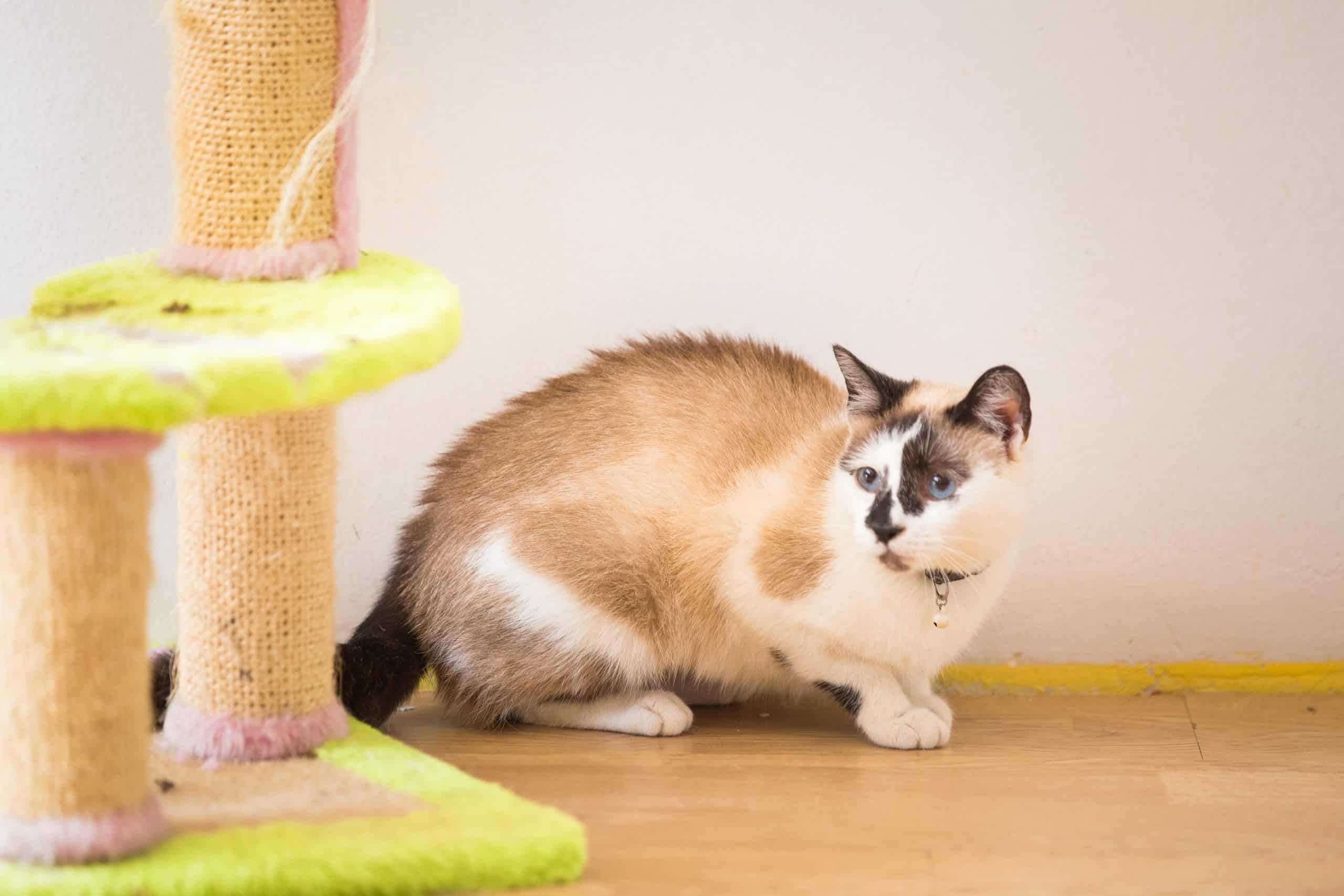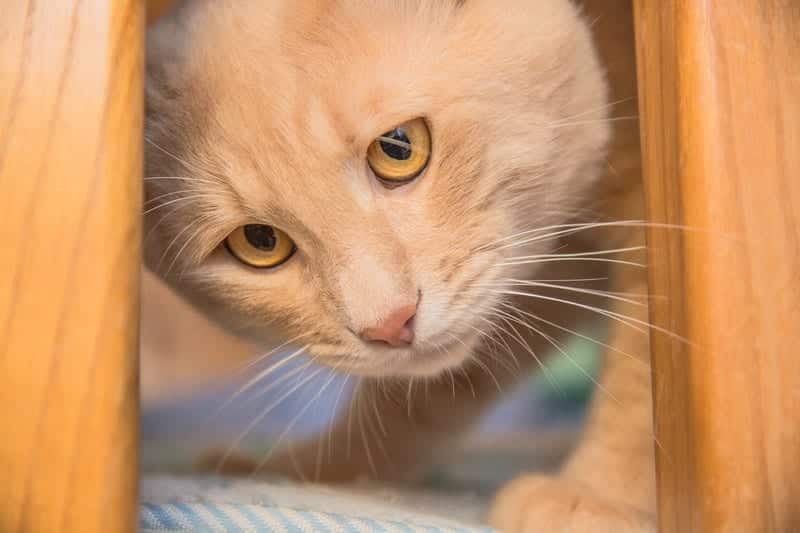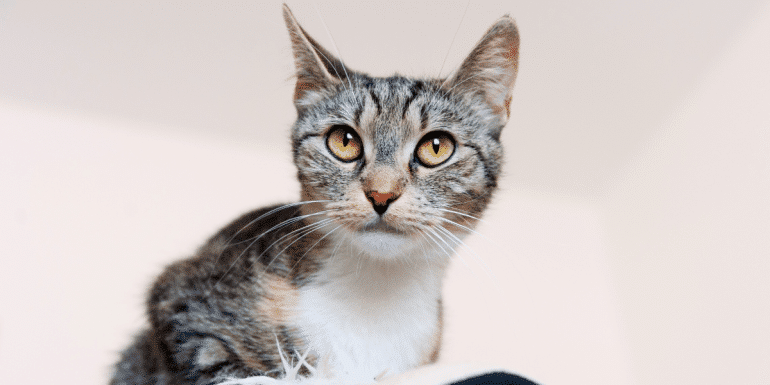Stress is a topic commonly talked about when it comes to humans, especially this year. But what about cats? Do they get stressed? If they do experience stress, how can you tell? It turns out that there are multiple signs that could indicate your feline friend is experiencing some stress. One of the most commonly known indicators that a cat may be stressed is a behavior change that happens fairly suddenly and seems abnormal for your cat’s daily routines or temperament. Beyond that, it can also be helpful to look at a few different things that might be a warning that your cat is stressed out or anxious. Even if you don’t think your cat is stressed right now, you can take a look through this post and keep it in mind just in case your kitty does feel stressed sometime in the future.  Battersea provides a lengthy list of things to look out for with your cat’s actions, ranging from different behaviors to more physical signs. When it comes to symptoms that are more physical in nature, you would be wise to take note if your cat experiences things like diarrhea and vomiting. Using the litter box more frequently or perhaps not as often are additional signs of a stressed out feline. If your kitty suddenly doesn’t seem to have an appetite, or if she starts to eat things that she shouldn’t, that could also indicate stress. >When your cat has some changes in the way he acts, you will want to pay attention and see if the behaviors continue. Sometimes, cats who generally enjoy play time may decide they don’t want to play at all. Your kitty may not be using his litter box properly or urinating on the carpet or in another area which is definitely not normal.
Battersea provides a lengthy list of things to look out for with your cat’s actions, ranging from different behaviors to more physical signs. When it comes to symptoms that are more physical in nature, you would be wise to take note if your cat experiences things like diarrhea and vomiting. Using the litter box more frequently or perhaps not as often are additional signs of a stressed out feline. If your kitty suddenly doesn’t seem to have an appetite, or if she starts to eat things that she shouldn’t, that could also indicate stress. >When your cat has some changes in the way he acts, you will want to pay attention and see if the behaviors continue. Sometimes, cats who generally enjoy play time may decide they don’t want to play at all. Your kitty may not be using his litter box properly or urinating on the carpet or in another area which is definitely not normal.
Is your kitty more vocal than he used to be, or perhaps much quieter than normal? These changes in behavior may reflect a kitty who is experiencing some stress or anxiety.
If you suspect your cat may be stressed, be sure to keep an eye on him or her. Cats can be rather unusual creatures, running through the house at midnight for no apparent reason, so it can be difficult to tell the difference between “normal” cat craziness and stressed out behavior or other physical symptoms.  It’s a good idea to contact your veterinarian if you suspect your cat is experiencing stress or you’re concerned about new or changed behaviors in your feline companion. It doesn’t hurt just to make a quick phone call and ask your vet what he or she thinks, since vets are professionals who work with animals every day. There may be some common stressors they can identify immediately, or they may ask you some questions that could help guide you in identifying the cause of your cat’s stress. As your cat’s guardian, just be sure to be aware of your cat’s typical behavior and get help de-stressing your cat when needed. You will both be happier!
It’s a good idea to contact your veterinarian if you suspect your cat is experiencing stress or you’re concerned about new or changed behaviors in your feline companion. It doesn’t hurt just to make a quick phone call and ask your vet what he or she thinks, since vets are professionals who work with animals every day. There may be some common stressors they can identify immediately, or they may ask you some questions that could help guide you in identifying the cause of your cat’s stress. As your cat’s guardian, just be sure to be aware of your cat’s typical behavior and get help de-stressing your cat when needed. You will both be happier!


